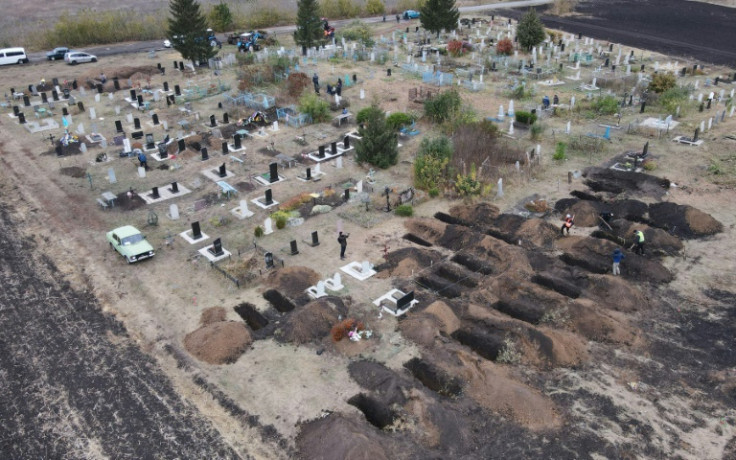Royal Engineers Lead Training Effort to Help Ukraine Defend Its Critical National Infrastructure
Following Putin's illegal invasion of Ukraine, the damage and destruction of critical infrastructure by Russian missile and drone attacks have emerged as one of the most significant threats to the safety and lives of Ukrainian civilians.

In a remarkable collaborative effort, the United Kingdom's Royal Engineers have initiated a groundbreaking training program to assist Ukraine in safeguarding its critical national infrastructure (CNI) from Russian threats, particularly drone and missile attacks.
The CNI protection training, a testament to international cooperation and resilience, aims to empower Ukrainian civilian engineers to enhance their capacity to protect vital infrastructure, ultimately saving civilian lives during the challenging winter months.
Following Putin's illegal invasion of Ukraine, the damage and destruction of critical infrastructure by Russian missile and drone attacks have emerged as one of the most significant threats to the safety and lives of Ukrainian civilians. The importance of safeguarding CNI cannot be overstated, as it underpins essential services and resources, including energy, transportation and water supply.
The Royal Engineers have taken the lead in developing and delivering a comprehensive two-week training program for Ukrainian engineers. This training program was initiated in response to Ukraine's request for assistance in fortifying its energy sector against potential attacks. It is a progressive initiative that builds upon earlier courses that focused on basic protective measures like the use of sandbags and entrenchment.
The current program imparts advanced techniques and strategies to identify vulnerabilities in CNI, assess potential blast ranges and the impact of different weapons and explosives, and strategically place physical and aerial barriers to mitigate the risks posed by Russian attacks.
Defence Secretary Grant Shapps highlights the crucial importance of supporting Ukraine during the harsh winter months when the country's civilian population faces daily threats from Putin's forces.
The indiscriminate campaign of bombardment against Ukraine's CNI underscores the immediate need for effective defensive strategies. Shapps emphasises the resilience demonstrated by the Ukrainian people in the face of this illegal invasion and how the tailored training program will prove instrumental in preserving lives and ensuring access to reliable energy, especially during the bitterly cold winter season.
This initiative aligns with the United Kingdom's commitment to supporting Ukraine. Grant Shapps recently announced a new package of support for Ukraine, valued at £100 million, procured through the International Fund for Ukraine.
This package includes the provision of essential capability for maintenance and manoeuvre support, which involves heavy-duty plant vehicles to reinforce Ukraine's defensive infrastructure. Furthermore, the UK hosted the Ukraine Recovery Conference, during which additional support was unveiled, including a £45 million funding boost for Ukraine's energy recovery.
One of the remarkable aspects of the CNI protection training is the collaboration of Ukrainian professionals from various sectors, including energy, water, transport and academia. This diverse group of participants shared knowledge and past experiences, ultimately enhancing the resilience of Ukraine's CNI network. The program creates a network of skilled professionals who can work together to address threats to critical infrastructure effectively.
Major Michael Suddaby, from 63 Works Group Royal Engineers, acknowledges the significant impact that this training will have on Ukraine. He emphasises that the training will be swiftly implemented in Ukraine and is expected to directly improve the quality of life for its citizens while enhancing Ukraine's resistance to Russian attacks throughout the winter.
The motivation and dedication of the Ukrainian participants are critical factors that will enable them to apply the specialised force protection measures and infrastructure assessment methods learned during the training to protect their country effectively.
The Royal Engineers' success in delivering this training program can be attributed, in part, to the inclusion of specialist reservists who work within the UK's CNI sector. These individuals brought their professional experience and technical expertise to the program, ensuring its comprehensiveness and practical relevance.
The training was conducted at various locations, including a UK gasworks, a military airstrip and a port facility. The Royal Engineers drew from their experiences in deployments to countries like Bangladesh and Nepal to provide real-life scenarios, enabling Ukrainian participants to practice developing plans and implementing practical solutions for the efficient protection of their CNI facilities.
© Copyright IBTimes 2025. All rights reserved.





















